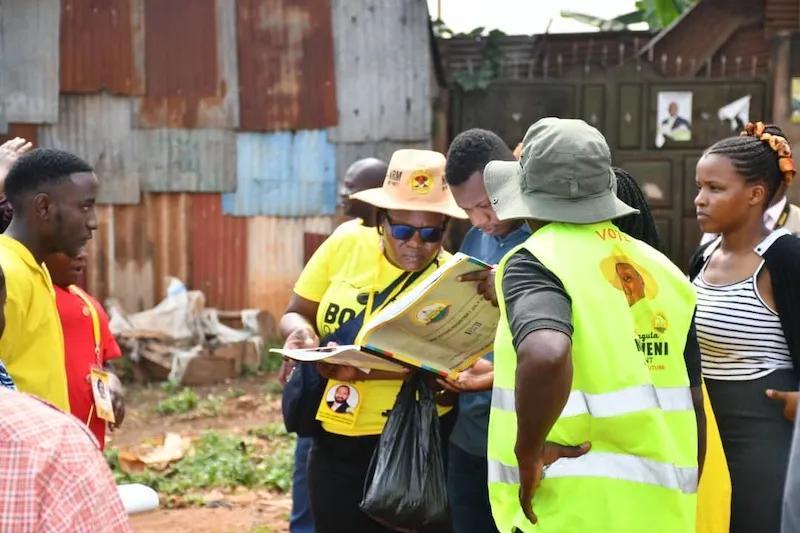By Magezi Kiriinjju
Africa-Press – Uganda. Whenever we see and hear the word democracy, we tend to imagine a serene and ideal system of leadership. Realistically, democracy—like some romantic and grandiose human inventions—is everything but idealistic and serene. As John Adams said of politics, democracy can as well be described as “the systematic organisation of hatreds.”
The only reason why democracy is in vogue is that so far, it’s more representative than all other systems of leadership human beings have ever engineered. Let us briefly look through them:
Feudalism (Leadership by Landlords):Also known as the Feudal System, this medieval governance style was such that a monarch or king distributed land to a few nobilities, which gave them power to control peasants. In return, the landlords protected the monarch using an army recruited from submissive peasants.This created an intertwined system in which the peasants protected their landlord, and the landlord protected the King. The peasants were always at the mercy of landowners, with zero say in governance.
Kingdoms (Leadership by Family):Commonly known as Monarchies, these states are ruled by Kings and Queens whose ascendance to the throne is hereditary. Leaders come from the family of the reigning monarch after he/she dies or abdicates. Unless you were related to the ruling family, your chances of leadership were zero.
Dictatorship (Leadership by Weapons/Guns):One individual or a group takes power and controls it using the military to subdue any alternative opinion. Power is monopolised by one person, a group of generals, or one political party. The rest of society has zero input in leadership or policy formulation.
Democracy (Leadership by Money):The Greeks had a romantic definition of democracy: “government of the people, by the people and for the people.” What they did not tell us is which people. Today, we know that while all participate in democratic processes, those with economic means are overwhelmingly favoured.Democracy thrives in countries with a strong middle class—or bluntly, the moneyed class.
NRM Primaries in Context
Accusations that the National Resistance Movement (NRM) primary elections were commercialised should not come as a surprise. It is a democratic phenomenon. Indeed, the primaries saw significant sums of money spent by candidates to win over the electorate.
While lack of economic muscle can disfavor one from leadership roles, democracy remains inclusive. Unlike other forms of governance, democracy welcomes you as soon as your fortunes improve. Even the poor can sometimes pull off surprise wins, giving democracy its Greek aura of being for the people.
Globally, money is central to democracy. In the United States, candidates who raise more money in fundraisers often have an advantage. The only difference is that in the U.S., voters donate to the candidate, while in Uganda, candidates donate to the voters.
Violence and Security in the Primaries
Of course, there were incidents of violence, such as in Lwemiyaga and other places. While totally unacceptable, they symbolise the passion and desire to participate in democracy. What is needed is to fight violence while encouraging candidates to win fairly, and leveraging the electorate’s enthusiasm to grow democracy in the party and the country.
Another issue was the use of the military and other security forces during campaigns and voting. On paper, security is needed as an arbiter in case of disturbances, and their presence should be welcomed. However, some candidates misuse their government positions to exploit security personnel. Judging from the incidents, this behaviour appears to be on the decline as faith in elections strengthens.
Role of the Election Disputes Tribunal
The establishment of an Election Disputes Tribunal, headed by Lawyers John Musiime and Enoch Barata, is a strong step. It brings confidence, legitimacy, and a sense of justice to all involved—even if outcomes may not favor them. Those dissatisfied still learn that democracy is about agreeing, disagreeing, and settling for uncomfortable realities.
The NRM primaries were conducted under a well-established party Electoral Commission that guided the exercise to its conclusion. Disputes are now being addressed by the party’s Election Disputes Tribunal, which will see the arbitration process through to a logical conclusion.
That is democracy on a positive trajectory.
Communications OfficerGovernment Citizen Interaction Centre, State House
Source: Nilepost News
For More News And Analysis About Uganda Follow Africa-Press






